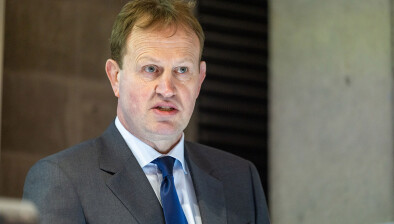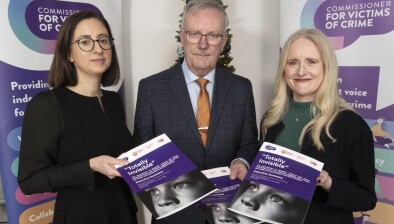Attorney General to launch Law Reform Commission’s fifth programme

Séamus Woulfe SC
The Law Reform Commission will launch its fifth programme of law reform this evening following extensive public consultation over the past two years.
Attorney General Séamus Woulfe SC will launch the programme, which contains 15 projects across six general subject headings, in the commission’s offices at 5pm.
The subjects addressed in the fifth programme are courts, public law and the digital era; criminal law and criminal procedure; civil liability and civil procedure; evidence; family law; and land law.
The commission has already begun work on some of the projects in the fifth programme, including work on a statutory framework for the safeguarding of vulnerable or at-risk adults and a project on caps on damages in personal injuries litigation.
In the foreword to the programme, Ms Justice Mary Laffoy, president of the Law Reform Commission, wrote: “The importance of public consultation in relation to the content and the commission’s development of a programme of law reform cannot be emphasised too strongly, nor can the invaluable contribution which members of the public, private organisations, and public organisations make to such content and development.”
She added: “The commission has started working on some of the projects in the fifth programme and it is hoped that it will publish issues papers and reports in relation to most, if not all, of those projects over the next three years, over which period the collaborative and consultative processes will continue.”
The commission is currently completing work on the remaining projects in its fourth programme of law reform (including a project on the methods for implementing international obligations in Ireland and a project on the consolidation and online publication of legislation) as well as on two projects arising from requests from the Attorney General (on privilege for court reports under the Defamation Act 2009 and on knowledge and belief as to consent in rape law).










